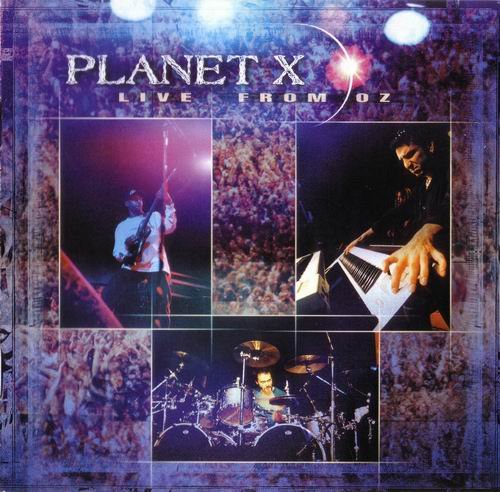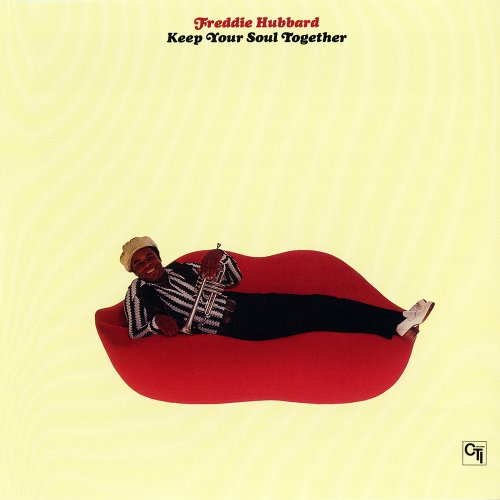Andreas Scholl, Tamar Halperin - Wanderer (2012)
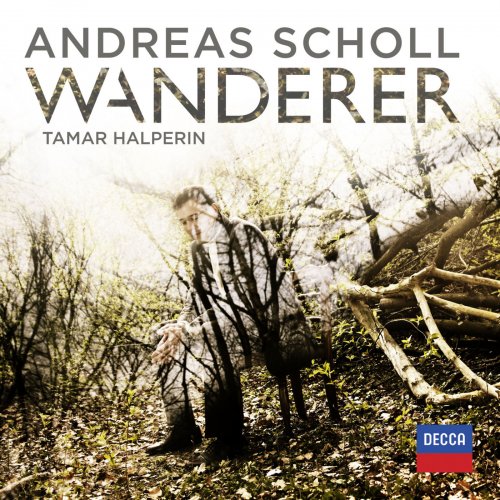
Artist: Andreas Scholl, Tamar Halperin
Title: Wanderer
Year Of Release: 2012
Label: Decca
Genre: Classical
Quality: FLAC (tracks) / MP3 320 Kbps
Total Time: 01:04:04
Total Size: 264 / 165 Mb
WebSite: Album Preview
Tracklist: Title: Wanderer
Year Of Release: 2012
Label: Decca
Genre: Classical
Quality: FLAC (tracks) / MP3 320 Kbps
Total Time: 01:04:04
Total Size: 264 / 165 Mb
WebSite: Album Preview
49 Deutsche Volkslieder - Book VI (Johannes Brahms)
1. 42. In stiller Nacht 03:06
2. Haydn: The Wanderer 03:19
3. Haydn: Recollection 05:20
49 Deutsche Volkslieder - Book III (Johannes Brahms)
4. 21. Es ging ein Maidlein zarte 02:32
5. Mozart: Das Veilchen, K476 02:11
12 Waltzes, D.145, Op.18 (Franz Schubert)
6. No.6 in B minorTamar Halperin 01:24
7. Schubert: Im Haine, D.738 02:42
8. Haydn: Despair 05:11
9. Schubert: Abendstern, D806 02:11
10. Schubert: An Mignon, D. 161 02:53
49 Deutsche Volkslieder / Book 4 (Johannes Brahms)
11. 25. Mein Mädel hat einen Rosenmund 01:54
12. Mozart: Abendempfindung An Laura K523 04:59
13. Schubert: Der Tod und das Madchen, D531 02:21
49 Deutsche Volkslieder - Book V (Johannes Brahms)
14. 30. All mein' Gedanken 02:34
49 Deutsche Volkslieder - Book I (Johannes Brahms)
15. 6. Da unten im Tale 01:36
16. Schubert: Der Jüngling auf dem Hügel, D702 05:04
17. Schubert: Ave Maria (Short Version) 04:44
6 Piano Pieces, Op.118 (Johannes Brahms)
18. 2. Intermezzo in ATamar Halperin 06:18
19. Schubert: Du Bist Die Ruh, Opus 59 No.3, D776 03:45
Performers:
Andreas Scholl, countertenor
Tamar Halperin, pianpo
German countertenor Andreas Scholl is known not only for his gorgeous voice, but gutsy programming, and he may never have been more gutsy than in this set of German Romantic and proto-Romantic (an important distinction of which more in a moment) songs. It's pretty clear that any of the composers included on this album would have doubled over with laughter at the idea of hearing his music sung by a countertenor, and the highly gendered quality of the music of the 19th century is one of its primary motivating forces. Thus there's real excitement in hearing that Scholl does, in fact, pull it off. Quoted in the notes, he offers the expected platitudes about how what matters in singing lieder is not voice type but connection with the music. Yet there's more than that to what's happening here. Scholl does not simply program a typical lieder recital; rather, he tailors his repertoire to his unusual voice. Haydn, with three songs, and Mozart (two) are overrepresented, and this helps bridge the acceptance gap: the simple, folklike melodies of these songs (Haydn's are in English) require less suspension of disbelief than do the full-blown Romantic pieces. Moving into Schubert, Scholl makes some interesting choices. The famed Ave Maria is a piece of sheer Italianate melody that works beautifully in Scholl's voice; it's of a piece with any number of his earlier recordings. In Der Tod und das Mädchen, D. 531 (Death and the Maiden, the source of a tremendous set of variations in one of Schubert's string quartets), Scholl sings both of the dialogic parts himself: the Maiden is his usual countertenor voice, while he sings Death as a baritone. The strangeness of this leapfrogs, as it were, that of hearing a countertenor sing Schubert. Add to these the fact that Scholl mostly avoids songs with romantic and erotic themes, and it adds up to an album that continually surprises rather than one that is trying to force something into a mold where it doesn't belong. Accompanist Tamar Halperin stays mostly out of the way, which is the right thing to do, and in all Scholl can claim another in his string of triumphs, even if it's maybe not the first one for newcomers to start out with.

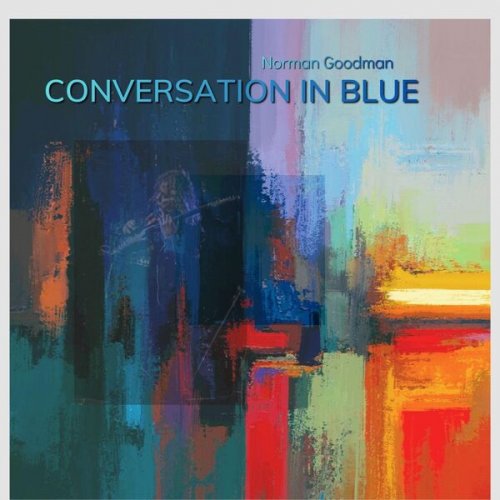
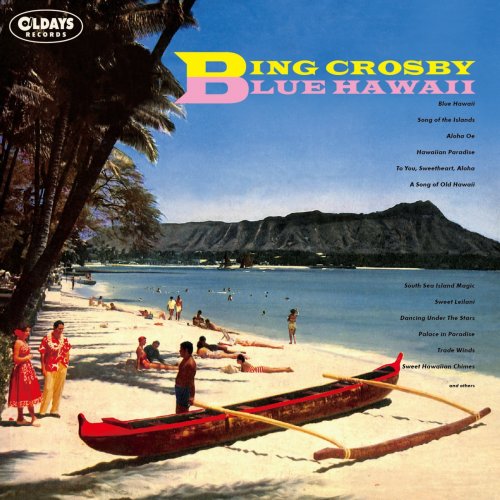

![Afrodream - Guiss Guiss (2025) [Hi-Res] Afrodream - Guiss Guiss (2025) [Hi-Res]](https://www.dibpic.com/uploads/posts/2025-12/1765638325_a2717494732_0.jpg)
![RAS - Rød i Blå (2025) [Hi-Res] RAS - Rød i Blå (2025) [Hi-Res]](https://www.dibpic.com/uploads/posts/2025-12/1765847447_s09xuo23tcu1a_600.jpg)
